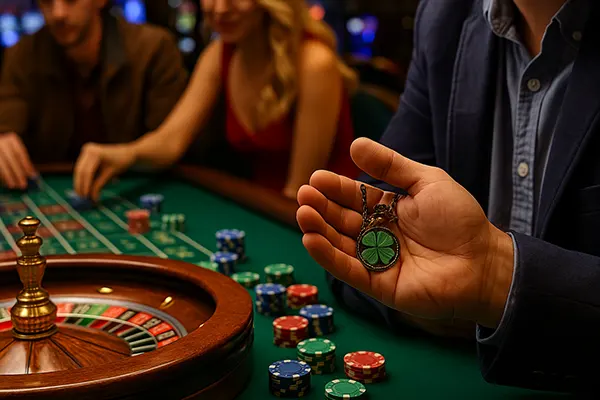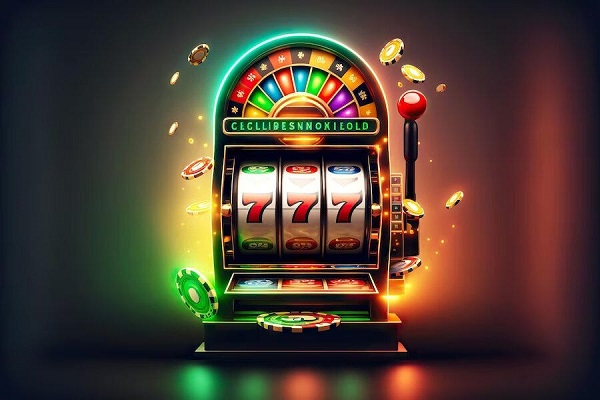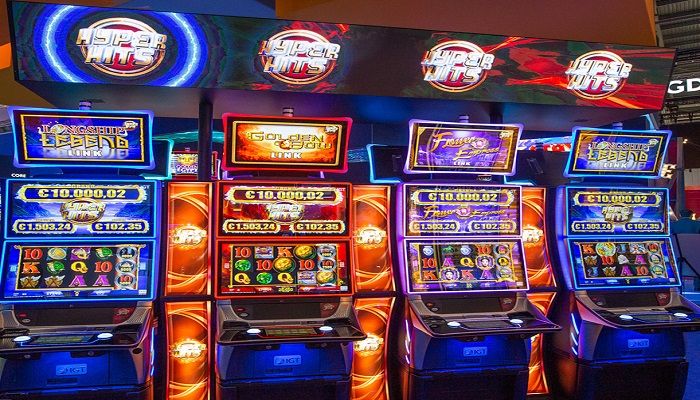
Illusion of Control: Why Players Believe They Can Influence Outcomes
The phenomenon known as the “illusion of control” plays a significant role in gambling behaviour. It refers to the belief that one’s actions, choices, or rituals can affect outcomes that are in reality determined by chance. From pressing a slot machine button with extra force to relying on “lucky numbers”, this cognitive bias explains why many players feel they can control games of pure probability. Understanding this illusion is vital for responsible gambling discussions and helps explain both the excitement of wins and the frustration of losses.
Common Behaviours Shaped by Illusion of Control
In many casinos, players often demonstrate behaviours that stem from the belief they can influence random results. A slot machine user might press the spin button at a specific moment, convinced timing affects the outcome. These rituals may give a sense of empowerment but do not alter the random mechanics behind the machine.
Another frequent example is the reliance on lucky numbers or symbols. Players may consistently choose a date of birth or anniversary when placing bets on roulette or lottery tickets. The repetition strengthens the illusion that these numbers carry special power, even though they statistically hold no greater chance of success.
Pre-bet rituals are also widespread. Some gamblers knock on the table, whisper phrases, or arrange chips in a certain pattern. These habits are often tied to superstition, reinforcing the belief that personal actions can influence external randomness.
Psychological Roots of These Practices
The persistence of such behaviours is deeply linked to human psychology. Studies show that when people feel uncertain, they often develop rituals to regain a sense of stability. This mechanism is not unique to gambling; athletes and performers also adopt superstitions before important events.
Neuroscience research indicates that engaging in familiar rituals activates brain areas associated with reward and control. Even when the actions have no effect on outcomes, the brain interprets them as meaningful, reinforcing the habit.
Ultimately, these behaviours help reduce anxiety and provide a sense of comfort, even if they do not affect the actual result. This highlights why illusions of control remain powerful and persistent in gambling environments.
Cognitive Biases and the Illusion of Control
The illusion of control is strongly supported by cognitive biases. One of the most prominent is the “gambler’s fallacy”, where players believe a win is due after a series of losses, or that patterns influence probability. This misinterpretation fuels the idea of being able to predict or manipulate outcomes.
Another relevant bias is “confirmation bias”. Players tend to remember moments when their rituals or lucky numbers coincided with a win, while ignoring countless times when they failed. This selective memory strengthens the false belief in control.
Research in behavioural economics confirms that these biases are universal, cutting across cultures and demographics. They highlight how human perception often diverges from mathematical reality, especially in chance-based activities.
Scientific Studies and Evidence
Psychological experiments conducted since the 1970s have demonstrated how individuals perceive greater control in games with even minimal personal input. For example, players rolling dice believe they can influence outcomes by the way they throw, despite all results being random.
In casino settings, studies show that players betting themselves feel more confident about outcomes compared to those observing others’ bets. This false sense of agency is a key factor in prolonged play and engagement with gambling products.
Recent research continues to emphasise how illusions of control affect decision-making, often leading to riskier bets and difficulty recognising randomness. These findings underline the importance of educating players on cognitive biases as part of responsible gambling efforts.

Impact on Player Experience
The illusion of control significantly shapes how players interpret wins and losses. A win following a ritual reinforces the belief that the player’s actions were crucial, creating a rewarding feedback loop. This can lead to stronger attachment to certain behaviours or numbers.
Losses, however, are often rationalised through the same illusion. Players may conclude they did not perform their ritual “correctly” or should have chosen another lucky number. This shifts responsibility from randomness to personal action, maintaining the cycle of belief.
Such patterns of thought increase the emotional highs and lows of gambling. The belief in control amplifies excitement during winning streaks while also intensifying frustration during losing periods, keeping players engaged for longer than they might otherwise choose.
Implications for Responsible Gambling
Recognising the role of illusions of control is crucial in promoting safer gambling practices. Awareness campaigns can help players understand how cognitive biases influence their perception of chance. By debunking common misconceptions, individuals may approach games with clearer expectations.
Casino operators and regulators increasingly include educational messages in games and betting environments. These initiatives remind players that outcomes are random and unaffected by rituals or personal choices, reinforcing transparency and trust.
For individuals, acknowledging the illusion of control can reduce harmful gambling behaviour. By recognising that outcomes are based solely on probability, players may set healthier limits and avoid relying on superstitions that perpetuate risky decision-making.



